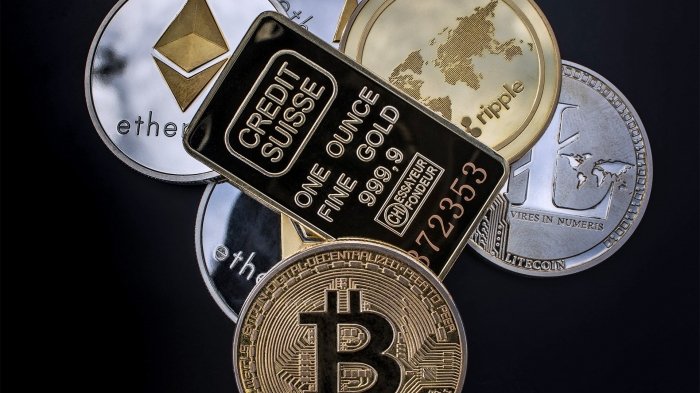T
en years ago, cryptocurrencies were something that belonged on the dark web. They were relatively unknown, not widely used, and commonly mistrusted. Safe to say, now times have changed. Millions of people use cryptocurrencies throughout the world to conduct online shopping, buy properties, trade, and invest. They have also found a popular use case in the online gambling world. The iGaming industry, which has gone from strength to strength in recent years, embraces virtual currency payments with open arms. Projected to reach an impressive $127 billion by 2027, much of this growth is expected to be powered by younger, more tech-savvy, cryptocurrency holding customers.
If you are thinking of opening an online gambling platform or you are operating one already, here are the digital currencies you should consider accepting.
Which cryptocurrencies should I accept?
Without a doubt, as an online gambling provider who wants to incorporate crypto payments, Bitcoin is essential. The first real cryptocurrency, and the most valuable (at the time of writing), is also the most widely known and the second most used. Blockchain.com estimated 45 million Bitcoin users as of January 2020, a number that has likely increased significantly by now. Offering cryptocurrency payments but not including Bitcoin would be like running a casino site without offering roulette.
Offering Bitcoin is a great start. However, it’s a good idea to include other popular coins in your payment options to reach more customers.
Tether is the coin that is the most used in the world, although it’s not a coin that people usually hold. Used to buy other cryptocurrencies and traded on exchanges, $95.92 billion in Tether was traded per day at the end of January 2020. If you want to integrate cryptocurrency payments into your site, Tether is worth considering.
Ether is another of the world’s most popular virtual currencies. It runs on the Ethereum platform which enables DApps and smart contracts to run quickly, securely, and autonomously. Ether was launched in 2015 and is the second-largest coin in terms of market cap but lags far behind Bitcoin with just 19% of its value. That said, it’s still popular and likely to stick around for quite some time due to its platform benefits.
Next up is Litecoin, which has been around for the last ten years. One of the first Bitcoin spinoffs, it is based on an open-source international payment network that uses a proof-of-work protocol and is completely decentralized. Similar to Bitcoin in many ways, it is becoming more and more popular as a form of payment. As of January 2021, its market cap was over $10 billion and each coin was worth almost $154.
Another coin worth considering is Cardano. Created by engineers, cryptography experts, and mathematicians, it was designed as an alternative spin-off of Ether and the Ethereum network. Its growing popularity and adoption are due to the research and hard work that went into creating it. A proof-of-stake coin, its market capitalization is $9.8 billion as of January 2021, but the coin value is just $0.31.
Last but by no means least, Bitcoin Cash should be on the list. Bitcoin Cash was one of the first and most successful of Bitcoin’s hard forks, and it has been in circulation since 2017. With more capacity than Bitcoin, it is faster than the original, but nowhere near as valuable. At the end of January 2021, BCH was worth $513.45 per coin and had a market cap of $8.9 billion.
Other coins that you should be aware of and consider integrating in the future include Stellar, Ripple, Binance Coin, Chainlink, Polkadot, and Monero. While they may not be the most widely used right now, they show signs of promise and more widespread adoption in the future.
What other considerations are there?
Deciding to offer cryptocurrency gambling requires you to take several other steps. These include negotiating and partnering with a cryptocurrency payment processor. This entity will facilitate the transfer of the value in cryptocurrency, into your platform. Typically, the processor will lock the coin value, or fraction of a coin, when making the payment. This helps you avoid issues with sudden increases or decreases in the value of the coin.
While most jurisdictions don’t require any additional licensing for cryptocurrency payments, some require a heads up. It may be that you need to include it in your business plan and company purpose, or just notify your online gambling license issuer. There may also be compliance matters you will need to address and updates that need to be made to your policies, although this varies on a case-by-case basis. In every situation, it’s best to liaise with your corporate service provider who can advise you on all matters relating to payment processors, licensing, and notifying the relevant authorities.
Those that want to get ahead and stay ahead, know that integration of digital currency into their online gambling platform is a necessity in 2021. Fast Offshore can help you connect with payment processors for both fiat and crypto an negotiate better rates.



